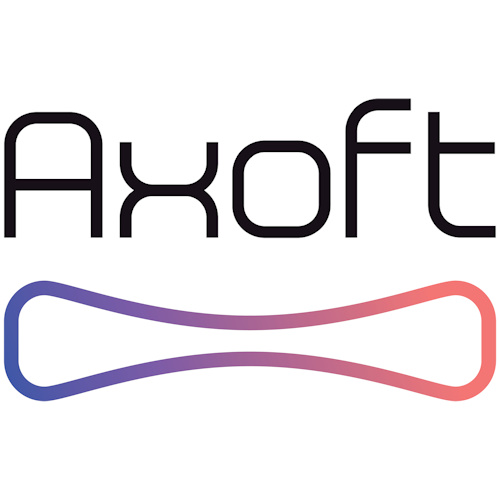Key points from article :
Axoft, a neurotechnology company, has received approval from Panama’s Ministry of Health and the Panama Clinic's Ethics Committee to conduct a first-in-human study of its soft materials that mimic brain tissue. This study focuses on the company’s brain-computer interface (iBCI), aimed at improving the stability of tissue-electronics interfaces for brain implants. The trial, which is scheduled to begin in early 2025, will test the viability of these materials in human brain tissue.
The research aims to assess if Axoft’s iBCI can be safely inserted into the brain and if it can effectively record electrical signals from the tissue. The trial will be conducted at The Panama Clinic in Panama City, where five patients scheduled for brain tumor or epileptic tissue removal surgery will participate. During their surgery, the patients will remain awake as the iBCI is tested by being inserted into the section of their brain tissue that will be removed.
This trial marks the first human use of Axoft’s bio-inspired materials, which are designed to be soft and flexible, mimicking the brain’s mechanical properties. Axoft hopes to improve the effectiveness and safety of implantable brain-computer interfaces, potentially offering new treatments for chronic neurological disorders, including paralysis and neuropsychiatric conditions.
The company’s approach aims to address the challenges of current iBCIs, which often fail due to their rigidity and poor compatibility with brain tissue. Axoft’s materials aim to create a more stable and seamless interface with deep brain tissue, which could lead to more reliable and long-lasting implants.





